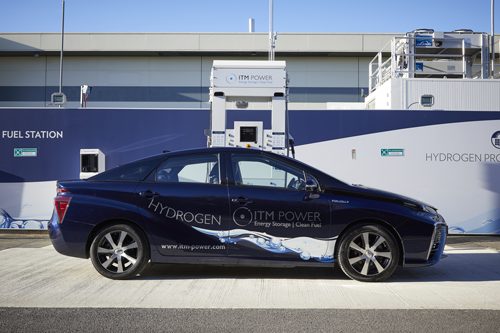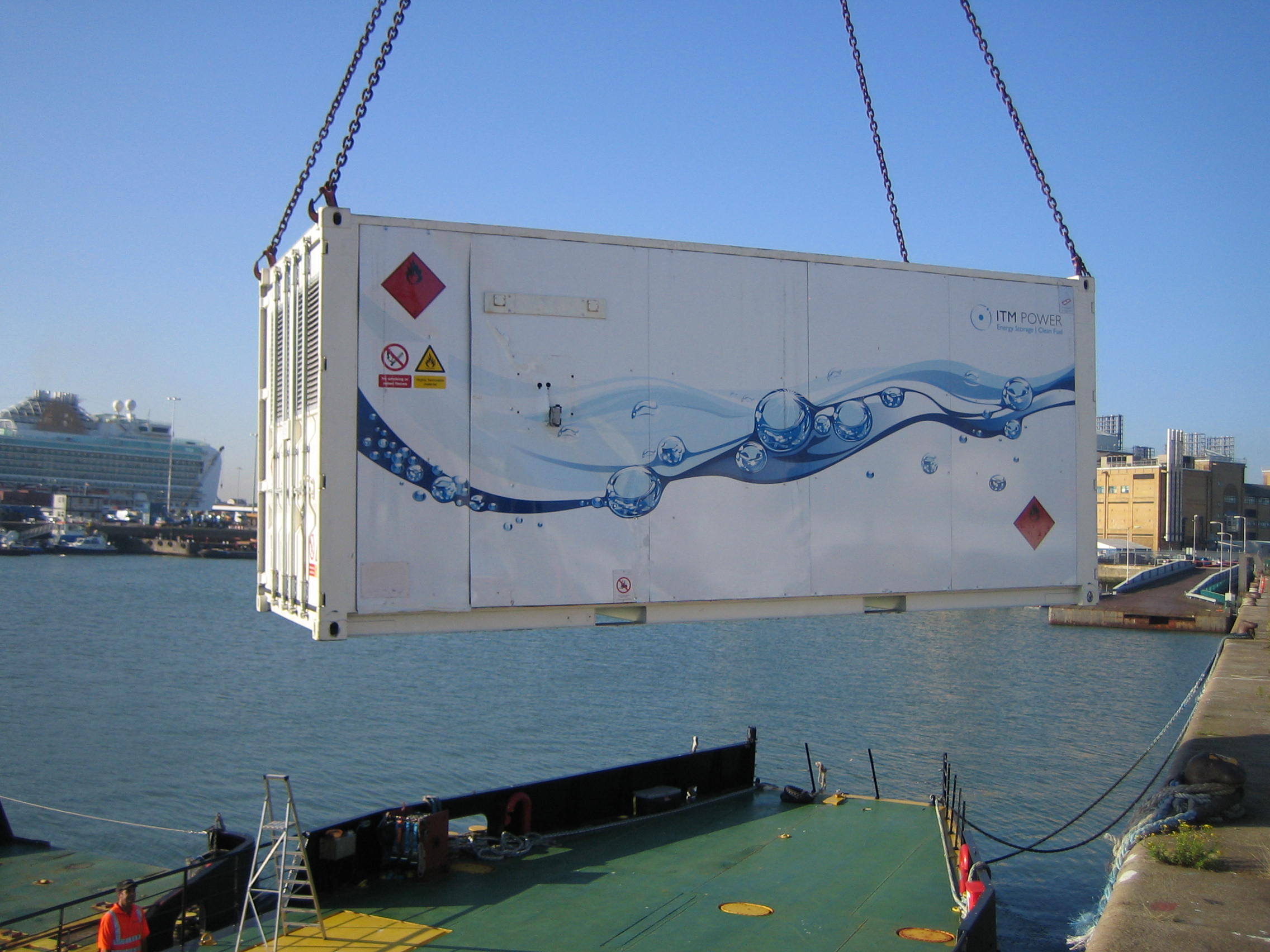Businesses new to the idea of hydrogen power may wonder if this is just pie in the sky, but we can prove otherwise. ITM Power currently has seven hydrogen refuelling stations open to the public in the UK and is partnering with Shell to build more. Around the world, Japan has adopted FCEVs enthusiastically with more
passenger cars, at lower cost, in the pipeline. Attention is now being focused on road transportation that is too heavy to economically run on batteries: buses and trucks. And there are already hydrogen trains, predictably in Germany.
Also in Germany, Shell is developing the world’s largest rapid response electrolyser to generate clean hydrogen at Europe’s biggest refinery. There have been two pilot power-to-gas plants operating in Germany for two of the country’s largest utilities operators. In the UK, studies are underway for power-to-gas installations with partners including INEOS, Engie and Northern Gas Networks.
In maritime, ITM Power is a partner in the BIG HIT project in the Orkney Islands. BIG HIT (Building Innovative Green Hydrogen Systems in an Isolated Territory) features an electrolyser, using energy from renewables, including tidal power, producing hydrogen that is then used to fuel cleaner vehicles.
We are working to increase the adoption of hydrogen as a key element in the future of power and there are many areas within the maritime industry which will benefit from cleaner energy. But this is not tomorrow’s world we are talking about – the capability is here today.



